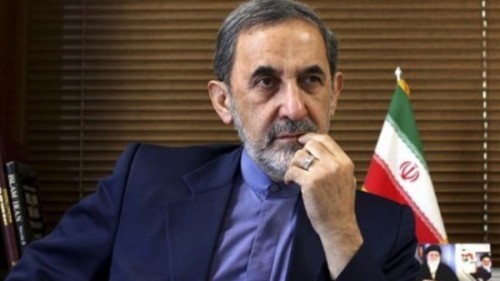LATEST: China’s Imports of Iran Oil Up 48% January-June, Compared to Previous Year
TUESDAY FEATURE
Iran Analysis: Supreme Leader Gives Call for A Renewed “Culture War”
Days after the adjournment of nuclear talks with the 5+1 Powers, the Supreme Leader’s top aide on foreign policy has drawn a tough line on Iran’s demands in further negotiations.
Ali Akbar Velayati, a former Foreign Minister, said, “Iran will not budge in regards to continuing its research with the goal of having 190,000 separative work units (SWUs), uranium enrichment, usage of the Fordo facility, and utilizing the Arak heavy water reactor.”
The sixth round of discussions on a comprehensive agreement lasted 16 days but concluded Friday without resolution. The two sides agreed to extend an interim agreement until November and to resume talks later this summer.
The key issue in dispute is Iran’s capacity for enrichment of uranium to 5%. Tehran’s demand, set out by the Supreme Leader, of 190,000 SWUs is a 20-fold increase in current output; the US and European allies have called for a reduction.
See Iran Special: Why There Is No Deal in Nuclear Talks — A 3-Point Guide
Velayati insisted that, while Iran’s leaders are united, there is “obvious discord among the ministers” of the 5+1 Powers (US, Britain, Germany, China, Russia, and France):
When six countries came together with promises from the US and passed sanctions against Iran, they expected to see Iran’s compromise and acceptation of US terms; however, Iran did not do so.
The EU (European Union) countries see China’s extensive trade with Iran — Iran and China has tens of billions of dollars trade balance, either in energy or other goods. Russia and China could not restrain the US hegemony in the Middle East and North Africa without a hand from Iran. So Iran and Russia have more close relations than they did before.
EU countries want close ties with Tehran, which undermine US policies.
China’s Imports of Iran Oil Up 48% January-June, Compared to Previous Year
China’s imports of Iranian oil rose 48% between January and June, compared to the same period in 2013.
Beijing purchased 630,000 barrels per day, a record for imports from the Islamic Republic.
About 10% of China’s foreign crude purchases came from Tehran during the period.

